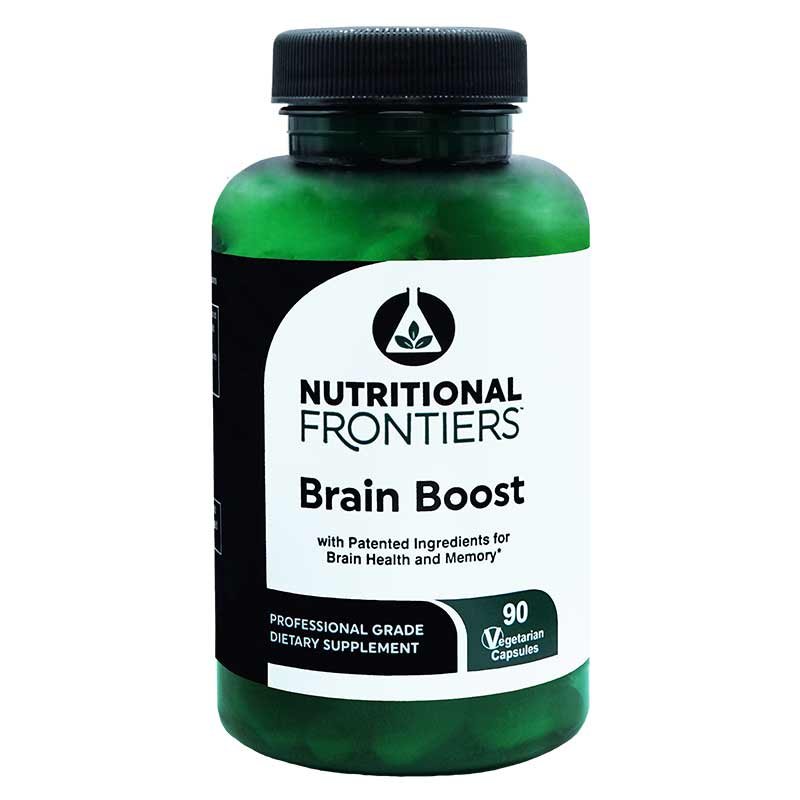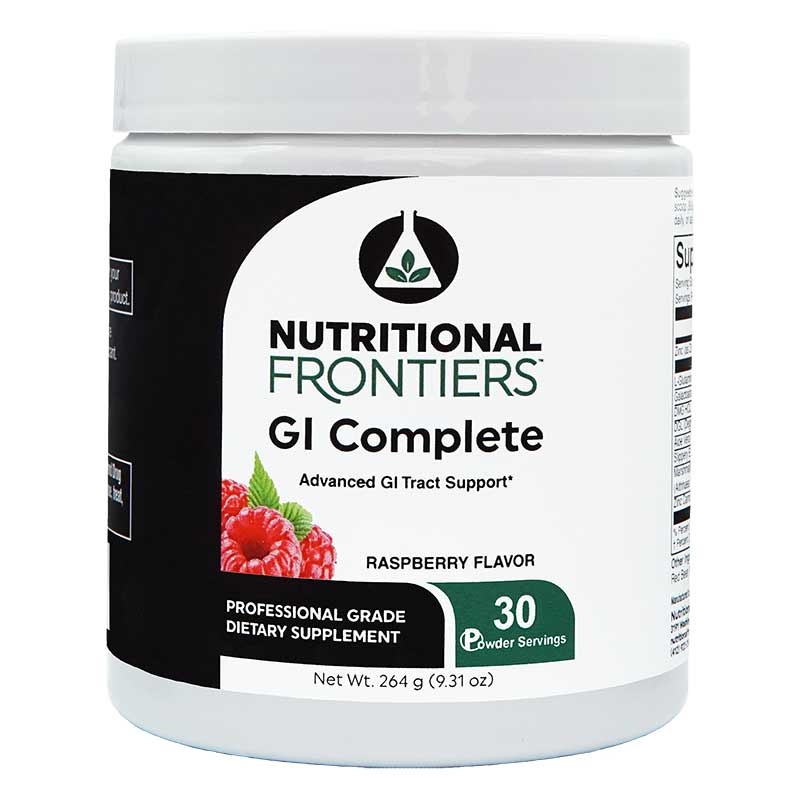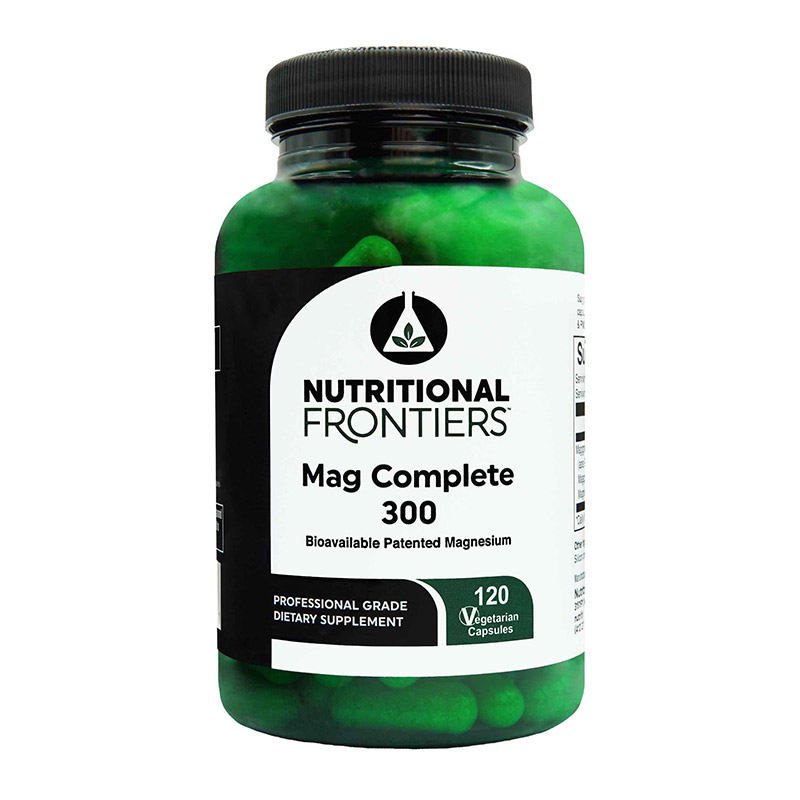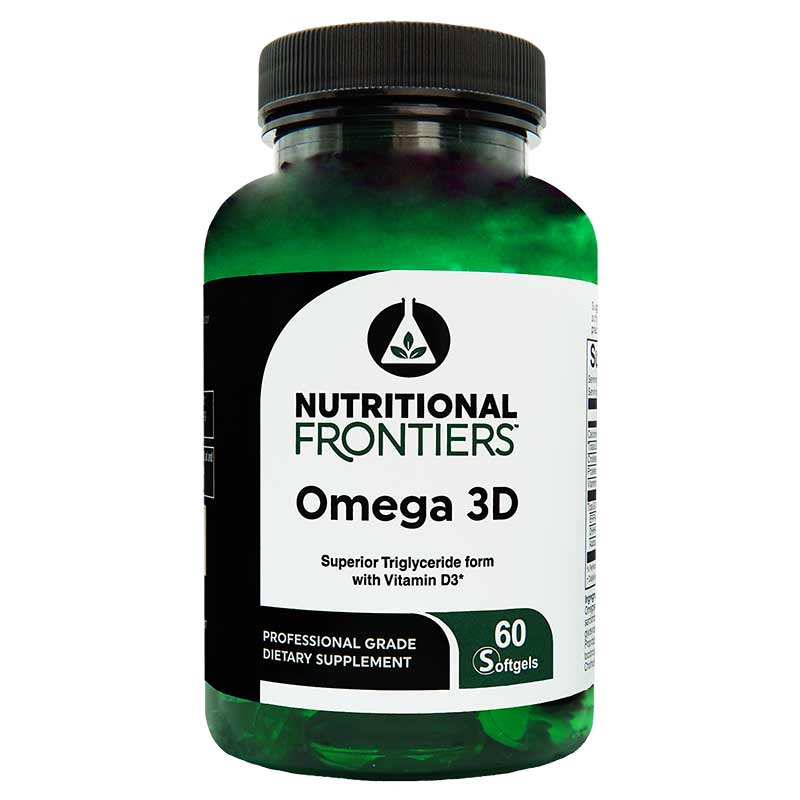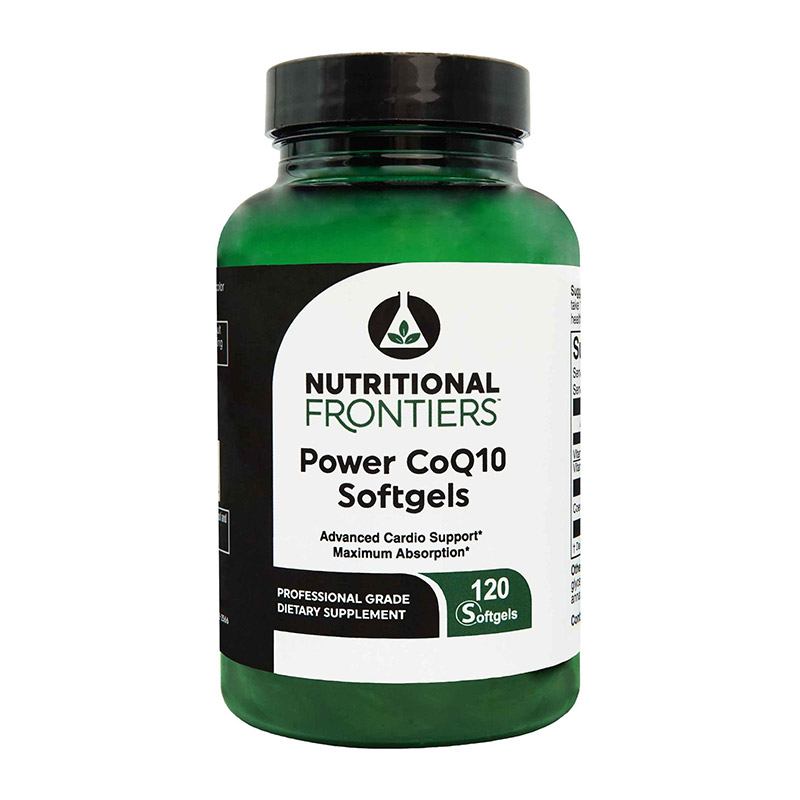One of the best types of foods that help replenish the nutrients loss in your brain during an injury are those that contain high levels of flavonoids. Flavonoids are great because not only do they contain antioxidants that help reduce inflammation, they also stimulate the production of BDNF (Brain-Derived Neurotrophic Factor) that helps trigger the creation of new brain cells. Foods high in flavonoids include blueberries, cranberries, apples, pomegranates, blackberries, red grapes, tree fruits, red kale, and dark chocolate.
- Healthy fats – avocados, fish oil, nuts, and seeds (see GORP recipe in Coach Robb’s Snack Cookbook), raw coconut – help promote brain function. Extra virgin olive oil is a healthy fat that can also boost your production of BDNF.
- Foods rich in Vitamin K such as broccoli, kale, mustard greens, spinach, Brussel sprouts, parsley, and cabbage. Vitamin K helps improve cognition and memory, but what makes it especially great for brain health is that it is vital for the synthesis of sphingolipids. Sphingolipids are a type of fat that is densely packed into your central nervous system and helps your brain cells send signals.
- Lean Proteins – Sources high in protein such as grass-fed and pasture-raised lean meats and eggs
- Organic Dairy such as cheese, milk, and yogurt – produced by grass-fed cows
- Fruits and vegetables that are high in antioxidants. Generally, the brighter the color, the more antioxidants it will contain.
Avoid foods that are high in saturated fats and processed sugars. These foods decrease BDNF levels in your brain and slow down the recovery process.
Coach Robb only recommends taking supplements when you are not getting enough of the necessary vitamins and minerals found in real food.


